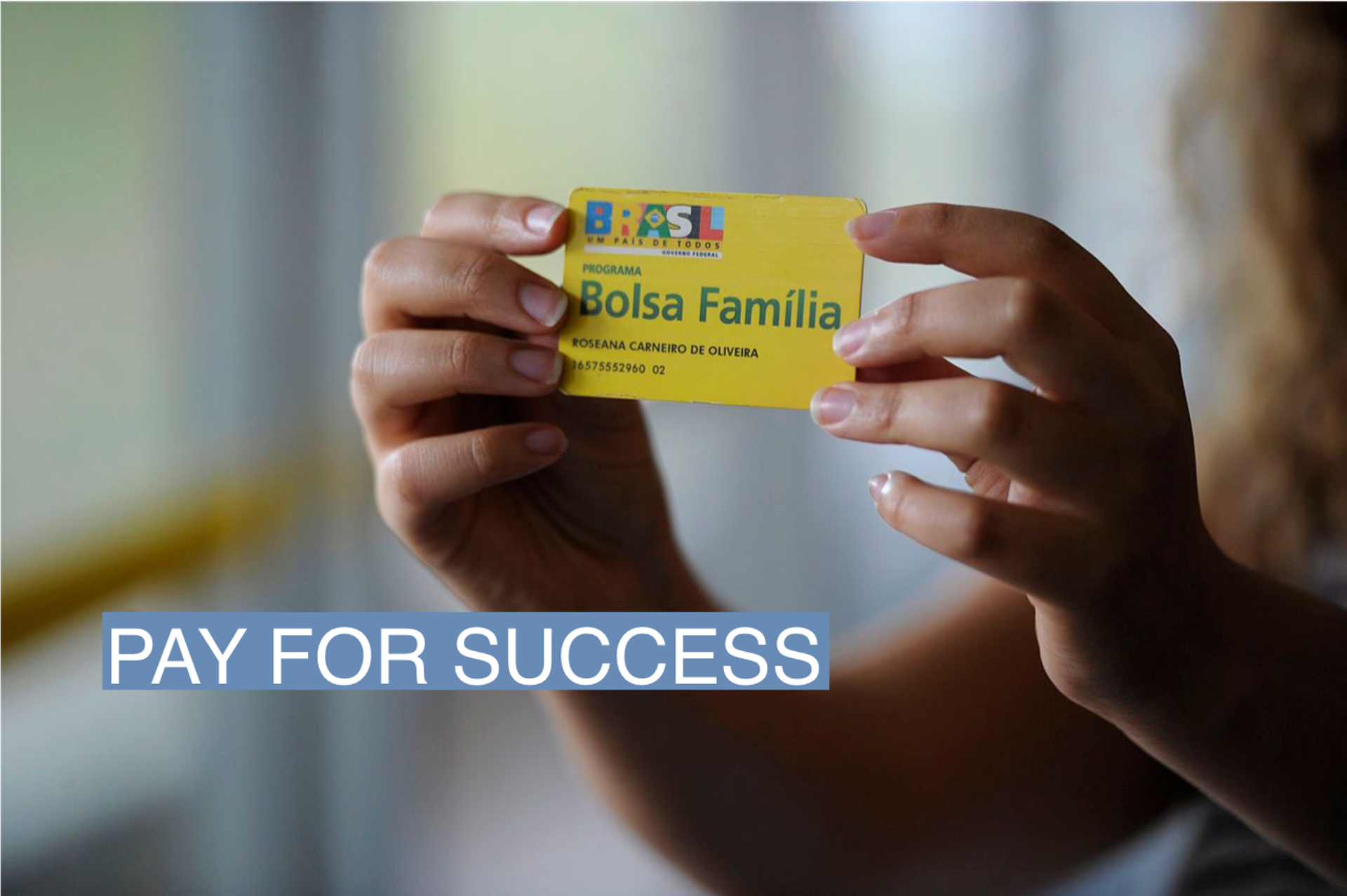The News
Brazilian President Luiz Inacio Lula da Silva on Thursday announced increased benefit payments as part of Bolsa Familia, the signature social welfare program he debuted during his prior term in office, despite the economy contracting in the last quarter of 2022.
Bolsa Familia “will not solve all of the country’s problems,” Lula said. “The great challenge is for the economy to grow again, so that all workers can live on a decent wage.”
The program will be endowed with the equivalent of 1.5% of the country’s GDP.
Know More
Conditional cash transfer (CCT) — also known as pay for results — is a term used for social welfare programs that pay beneficiaries upon accomplishment of results such as making sure their children attend and stay in school.
Bolsa Familia is the largest CCT program in the world, and is widely recognized as one of the most successful. It is credited with helping reduce poverty and inequality in Brazil since its nationwide roll-out in 2003.
The program has reached more than 11 million families — and over 46 million individuals — who receive cash transfers in return for school-age children to enroll in and attend school.
According to the World Bank, it is estimated that “the level of extreme poverty would be between 33 percent and 50 percent higher” in Brazil without Bolsa Familia. It also accounted for 12 to 21% of the decline in income inequality.
However, despite the program’s success, almost 30% of Brazilians lived below the poverty line in 2021, with nearly a quarter falling below the threshold during the pandemic.
The View From Pakistan
The Punjab Female School Stipend Program (FSSP) was launched in 2003 by the Pakistani government with support from the World Bank.
The FSSP’s aim was to address the low school participation rates for Pakistani girls, which went “hand in hand with high rates of child marriage and, subsequently, adolescent pregnancy,” according to the Center for Global Development.
Four years into the program, a World Bank evaluation found that girls whose families were beneficiaries were more likely to stay in school and that it increased school enrollment by 11% to 32%.
The program was also successful in reducing child marriage and early pregnancy. Beneficiaries increased marriage age by up to 1.5 years compared to non-beneficiaries.
The View From Mexico
Launched in 1997, Mexico’s Prospera began with a simple idea: “Give money to a mother to encourage her to send her children to school and to the health center.”
Although now undermined by large budget cuts, Prospera led to significant improvements in school enrollment rates, nutritional status, and preventive health.
According to the World Bank, beneficiaries of the program increased schooling time by almost a full year, and had a nearly 12% lower likelihood of developing anaemia.
Prospera is seen as a model for CCT and has been replicated in more than 50 countries.
The View From New York
Although CCT programs are most commonly used in low-income countries, they have been successfully rolled out in New York City.
Opportunity NYC–Family Rewards, a privately funded CCT launched by the Center for Economic Opportunity in 2007, conditioned cash transfers on to children’s outcomes in education, families’ investments in preventive health care, and parents’ employment status.
Opportunity NYC–Family Rewards has a mixed record during its three-year implementation.
According to MDRC, a New York-based nonprofit, the program managed to “reduce poverty and material hardship” and helped parents increase savings, but it failed to improve the educational outcomes of children and did little to increase families’ use of preventive medical care.
